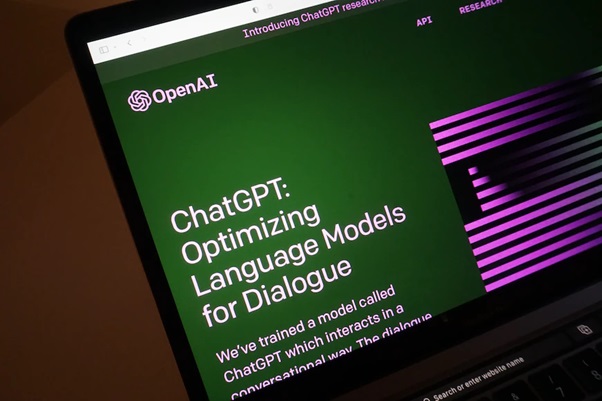
Consumer groups from 13 European countries have urged their National Authorities to launch urgent investigations into the risks of generative AI, such as ChatGPT, and to enforce existing legislation to protect consumers.
These groups are calling on the data and consumer protection authorities to commence investigations and not delay until all kinds of consumer harm have occurred before they take action.
Speaking on the issue, the Deputy Director General of the European Consumer Organization (BEUC), Ursula Pachl said,
Tekedia Mini-MBA edition 14 (June 3 – Sept 2, 2024) begins registrations; get massive discounts with early registration here.
Tekedia AI in Business Masterclass opens registrations here.
Join Tekedia Capital Syndicate and invest in Africa’s finest startups here.
“Generative Al such as ChatGPT has opened up all kinds of possibilities for consumers, but there are serious concerns about how these systems might deceive, manipulate and harm people. They can also be used to spread disinformation, perpetuate existing biases that amplify discrimination, or be used for fraud.
“We call on safety, data, and consumer protection authorities to start investigations now and not wait idly for all kinds of consumer harm to have happened before they take action. These laws apply to all products and services, be they Al-powered or not and authorities must enforce them. In parallel, the EU is working on a law that will be the world’s first comprehensive regulation to tackle Al systems.
“It is crucial that the EU makes this law as watertight as possible to protect consumers. All Al systems, including generative Al, need public scrutiny, and public authorities must reassert control over them. Lawmakers must require that the output from any generative Al system is safe, fair, and transparent for consumers”.
This statement is coming after the BEUC wrote to the consumer safety and consumer protection authorities in April this year, urging them to start investigations immediately, due to the speed at which Artificial Intelligence (AI) generative tools are being rolled out and the harm experienced at the deployment.
However, the EU on the 14th of June, passed a draft law called the EU AI Act, which was a step forward in regulating generative AI in the European Union. Once approved, the Act will apply to anyone who develops and deploys AI systems in the EU, including companies located outside the bloc.
The act would restrict AI’s riskiest uses, including curtailing the use of facial recognition software. The legislation also sets tight restrictions on high-risk AI applications, which are those that threaten significant harm to people’s health, safety, fundamental rights, or the environment.
Emotional recognition, which is used in parts of China to identify tired truck drivers, will be banned at workplaces and in schools under the proposed law. It also would oblige developers of AI chatbots to publish all works of illustrators, journalists, musicians, photographers, and scientists used to train them.
Also, the trainers would have to prove they trained the machine lawfully. There would be steep fines Proposed Under the draft law, and all artificial intelligence would be classified under four levels of risk, from minimal to unacceptable.
Corporate violators would face fines of up to $33 million or 6 percent of the company’s annual global revenue under the new regulations. The Act also requires EU member states to establish at least one regulatory “sandbox” to test AI systems before they are deployed.
A Forbes Advisor survey shows that 76% of consumers are concerned with misinformation from artificial intelligence (AI) tools such as Google Bard, ChatGPT, and Bing Chat. Most survey respondents are concerned that AI will lead to a massive job loss within 12 months.
With Al integration becoming more prevalent in businesses, understanding consumer sentiment will likely be useful in how companies make decisions regarding AI in the years ahead.
Meanwhile, despite the consumer group concerns, and the call for urgent investigations into the risk of generative AI, the EU Act may not come into force until 2026. This implies that even if the draft law is finalized this year, it wouldn’t take effect until 2026 at the earliest.



